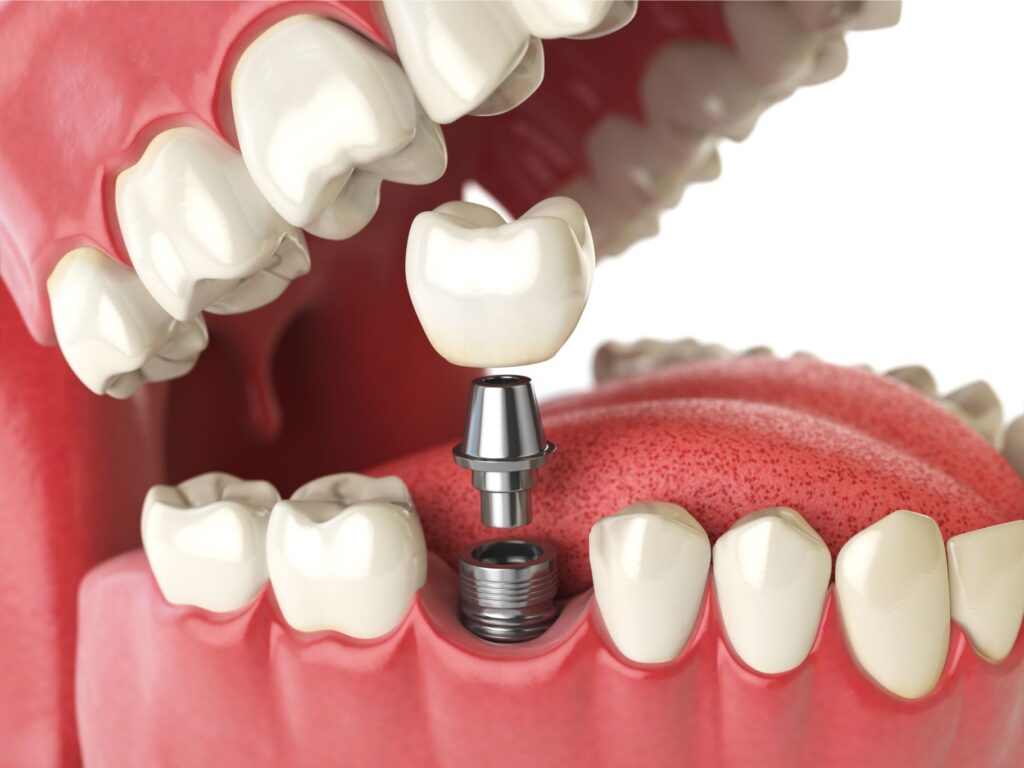
There is a lot to consider when it comes to dental implants. The surgery, the healing process, and what you can eat are all significant factors in your implant success. In this article, we will focus on food after dental implant surgery. We’ll discuss how soon you can eat certain foods and which ones should be avoided for best results. If you’re considering getting a new set of teeth, get them from an Auckland dentist and follow the tips we have mentioned in this blog after you are done with your dental implantations.
Food To Avoid
Avoid the following meals for as least a week after implant surgery to prevent harming your implant and delaying your treatment:
- Steak and raw veggies are examples of challenging meals.
- Popcorn and chips are examples of crunchy foods.
- Caramel and taffy are examples of sticky foods.
- Gummies and bagels are examples of chewy foods.
- Hot peppers and salsa are examples of spicy meals.
- Oranges and tomatoes, for example, are acidic meals.
- Coffee and soup are examples of scorching meals and drinks.
The Day After Implant Surgery: What to Eat?
Your teeth and jaw will be in a very fragile state once your implant is put in. As a result, it’s critical to follow a soft-food diet for the first 24 hours following surgery. Mentioned below are the following items you must have. Check out cruise control diet reviews.
Cold soups: While staying away from hot meals and drinks is essential; you may still enjoy cold soups like gazpacho and others.
Smoothies: Smoothies are satisfying, healthy, and simple to load with essential vitamins for recharging your batteries. Best of all, smoothies don’t need chewing, making them an excellent post-surgery food alternative.
Applesauce: Although you won’t be able to bite into an apple during your treatment, applesauce may supply many of the same nutrients without damaging your implant.
It’s critical to avoid using a straw when drinking liquids. The vacuum force exerts pressure on your implant, which might obstruct recovery. For at least a few days, you should abstain from drinking alcohol and smoking.
What to Eat After Implant Surgery in the Weeks Following?
You may gradually reintroduce solid meals into your diet as your jaw heals. To hasten your recuperation, Dr. Grubb suggests eating meals high in protein and other vital nutrients.
Potatoes: A lack of diversity is one of the most challenging aspects of keeping to a soft-food diet. Potatoes are a fascinating meal that can be cooked in various ways while maintaining their soft feel.
Milk/Cheese/Yogurt – Dairy products are high in protein and calcium, which help the body recover and keep teeth healthy.
Eggs/omelets: Eggs are protein-rich and simple to swallow. To prepare a well-balanced dinner, combine them with veggies and make an omelet.
Soft Meat- start with eating softer meats like chicken, fish, and ground beef, coarsely chopped and added to salads, pasta, and other dishes for a beautiful dinner.
The Bottom Line
It is best to eat a diet high in protein and low in sugar after dental implant surgery. This will aid in wound healing and muscle growth, which will help post-surgery recovery.
